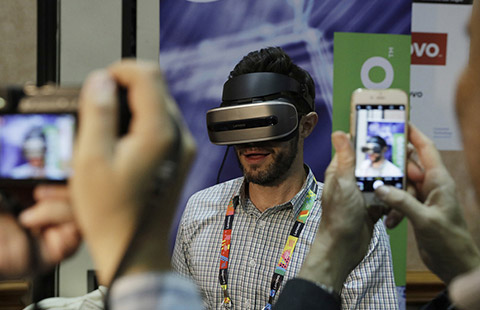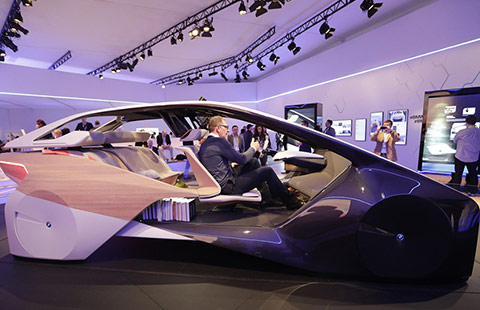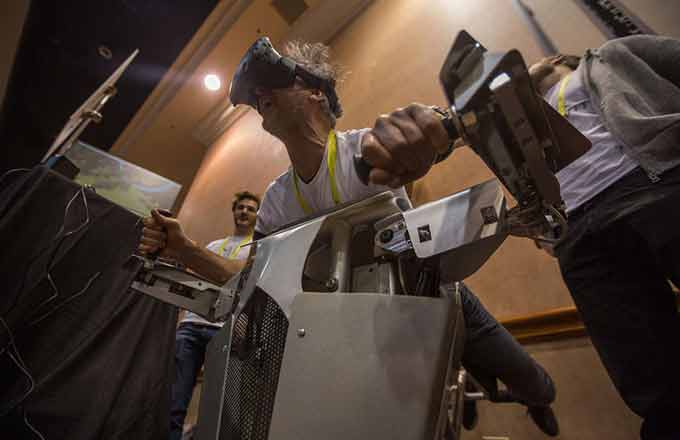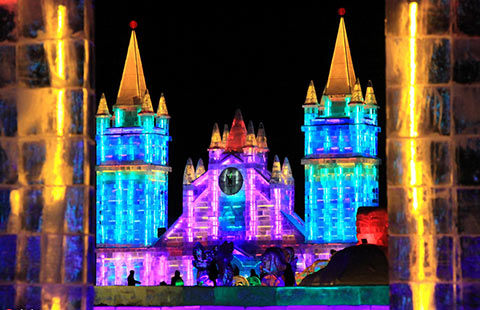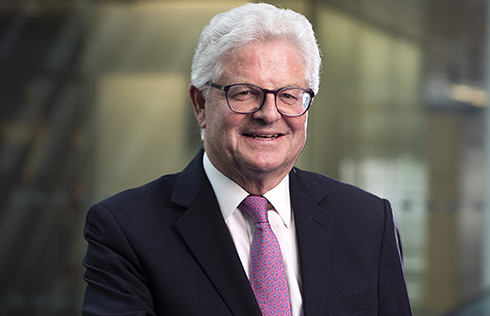Nanjing parking lot shows robot valets effective
Finding parking space could be a headache in a crowded downtown area, but not for drivers in Nanjing's busiest business district, thanks to smart robots that function as parking valets.
A parking lot with robot valets, designed and built by Shenzhen Yee Fung Automation Technology Co, started operations in early December.
Located at the Confucius Temple area, the parking space is surrounded by a bus station, metro rail line exits, hotels, shopping areas and tourist sites.
"The size of the parking space is only 2,000 square meters and the shape is not a perfect square," said Duan Xinfeng, Yee Fung's deputy general manager and chief strategy officer.
Usually, around 10 cars would park here, but now there are 57 slots and 95 percent are full every day in the first month of operations, Duan said.
Parking has become a problem in many crowded cities in China. Zhang Jun, a director of the quality committee of the Beijing-based China Parking System Manufacturers Association, is concerned that inadequate land resources in cities would widen the gap between surging demand and available parking lots.
Parking lots with robot valets emerged as a possible solution when Hikvision Digital Technology Co Ltd, a Zhejiang-based video surveillance products supplier, presented such an innovation during the Third World Internet Conference in Wuzhen, Zhejiang province, in November.
Yee Fung says its robot valets, named Geta (Get A Car), with laser navigation guidance and a novel mechanism to lift and park cars in predetermined lots, are safest and most efficient.
Geta made its debut in Shenzhen in April 2016, and have won orders from all over the world. But the project in Nanjing is the first to open for business, according to the company.
Instead of moving a car by lifting an entire board under it, Geta uses its comb-like edges to move directly under the car's four wheels to shift the vehicle to and from a parking platform.
Duan said the technology takes no more than two minutes to complete a parking operation. Laser-guided navigation increases the accuracy rate of robot valets. Errors are less than 5 mm. They can move at a maximum speed of 1.5 meters per second.
Duan affirms the technology is key to commercialization of robot valets made for parking lots. "The technology can create a new business model for underground real estate property.






